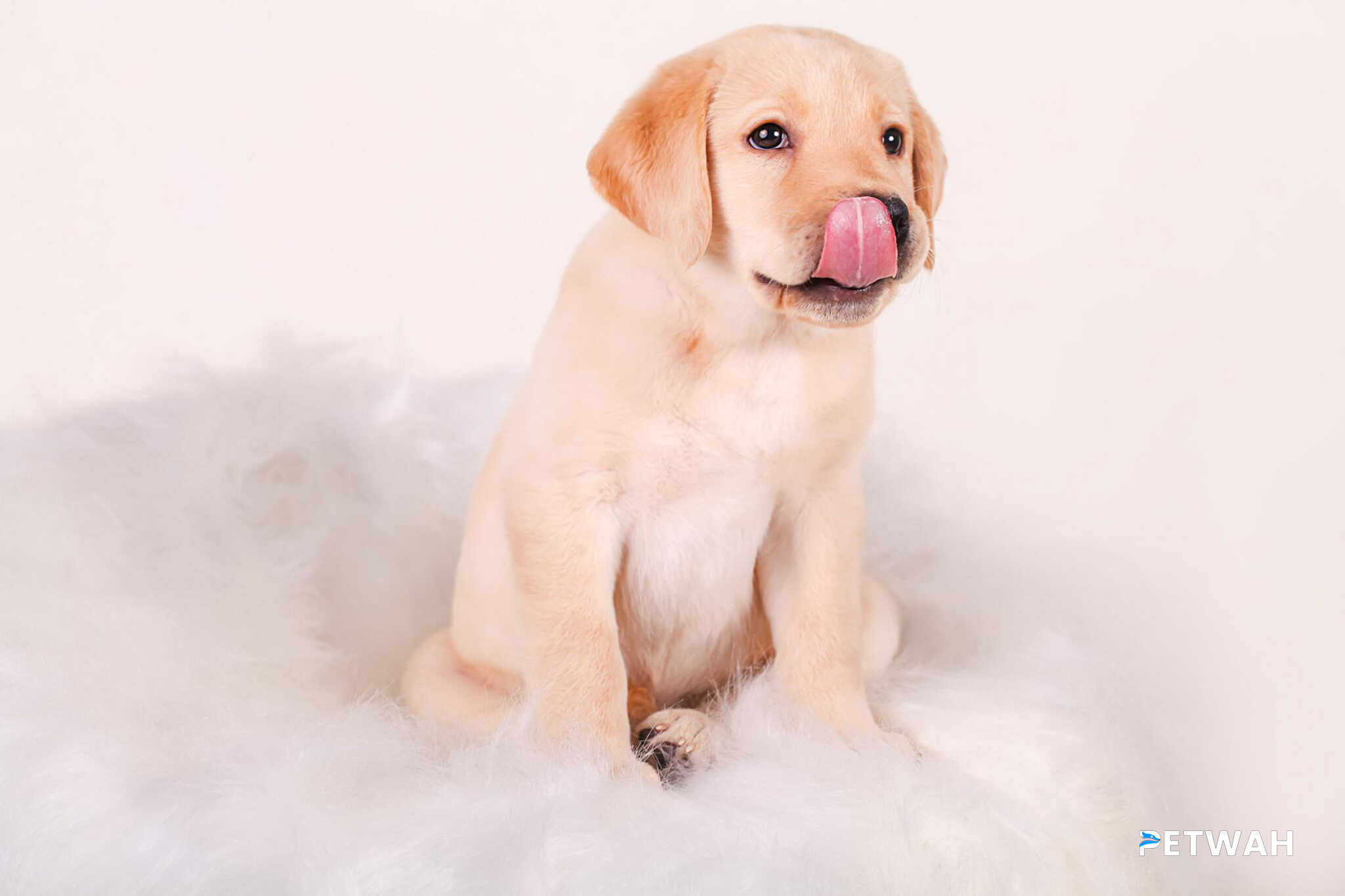Labradors are known for their friendly and outgoing nature, but they can also be sensitive to loud noises. Early noise desensitization is crucial for helping Labradors become more comfortable and less fearful in noisy environments. By gradually exposing them to various sounds at a young age, we can help them develop coping mechanisms and reduce anxiety. In this blog post, we will explore some effective strategies for early noise desensitization in Labradors, providing them with a much happier and stress-free life.
Introducing Labradors to Different Sounds
A crucial step in noise desensitization is to gradually introduce Labradors to different sounds in a controlled and positive environment. Here are some strategies that can be effective:
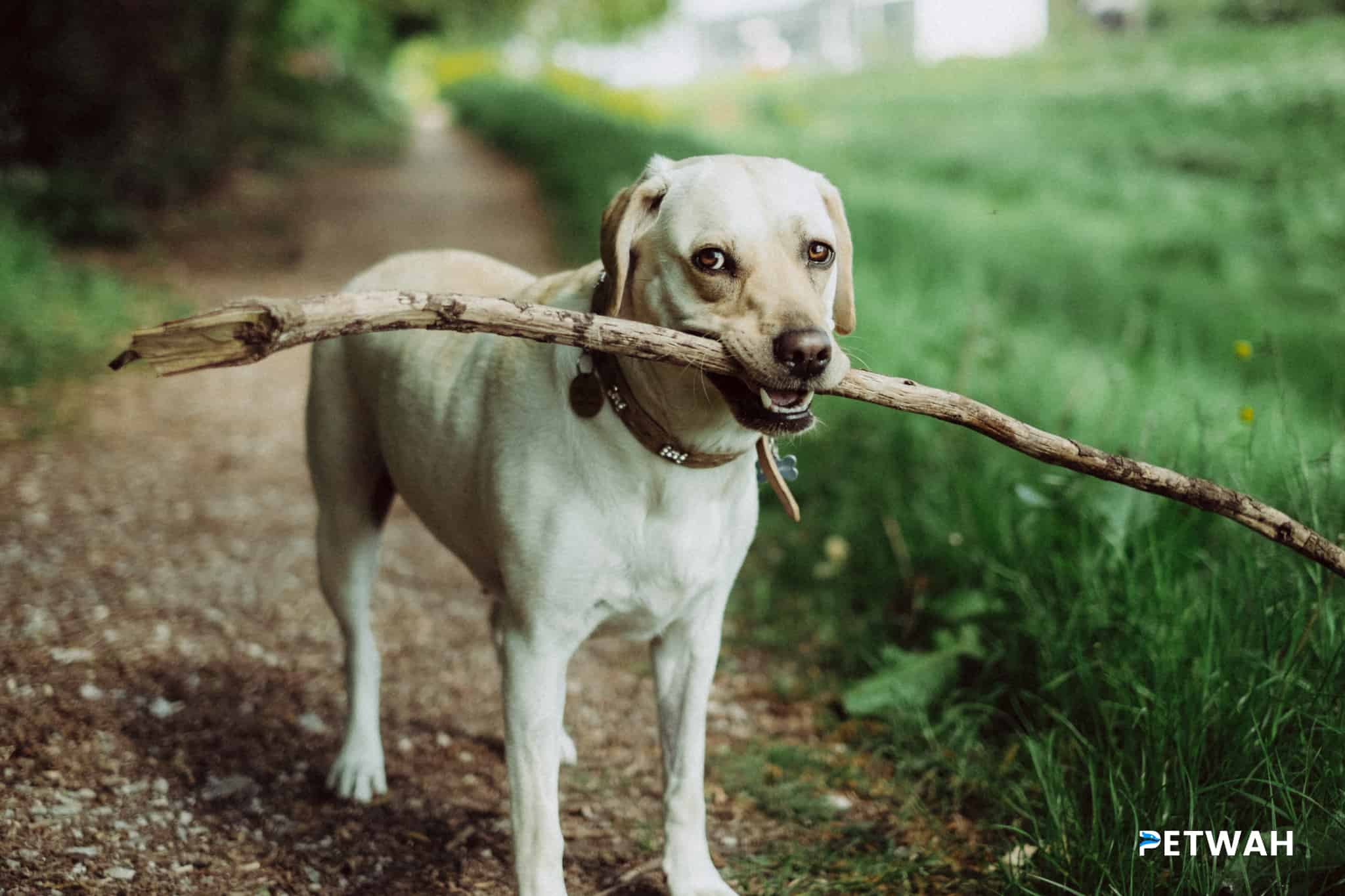
1. Start with Low-Volume Sounds: Begin by exposing your Labrador to low-volume sounds, such as ambient noises or soft music. Make sure the environment is calm and relaxed, providing a positive association with the sounds.
2. Gradually Increase the Volume: Over time, gradually increase the volume of the sounds. Monitor your Labrador’s reaction and only increase the volume when they appear comfortable and relaxed. This gradual approach helps them build a tolerance to louder noises.
3. Expose to Different Types of Noises: Labradors should be exposed to a variety of noises, such as fireworks, thunderstorms, vacuum cleaners, and doorbells. This exposure helps desensitize them to different sounds, reducing their fear and anxiety.
Positive Reinforcement and Counter-Conditioning
Positive reinforcement and counter-conditioning techniques can greatly help in noise desensitization. Here’s how you can incorporate these strategies:
1. Associate Noises with Positive Experiences: Pair the exposure to various noises with positive experiences, such as treats, toys, or affection. This association helps Labradors develop a positive response to the sounds.
2. Use Calming Techniques: Teach your Labrador relaxation techniques such as deep breathing exercises or settling in a specific spot. By practicing these techniques during noise exposure, they can learn to remain calm and relaxed.
3. Consult with a Professional Trainer: If you’re finding it challenging to desensitize your Labrador to noises, consider seeking guidance from a professional dog trainer with experience in behavior modification.
Quotes from Experts
According to Dr. Karen Overall, a renowned veterinary behaviorist, “Early and consistent exposure to noises during a dog’s critical socialization period can prevent or reduce the development of noise phobias.”
According to Dr. Pamela Reid, a certified applied animal behaviorist, “Exposing Labradors to a variety of sounds and pairing those sounds with positive reinforcements can help them become more resilient to noise-related fears.”
External Links
For further information on how to desensitize your Labrador to noises, check out these resources:
1. American Kennel Club (AKC): Noise Desensitization: https://www.akc.org/expert-advice/training/noise-desensitization/
2. The Labrador Site: Labradors and Noise Phobias: https://www.thelabradorsite.com/labradors-and-noise-phobias/
Frequently Asked Questions
1. When should I start noise desensitization with my Labrador?
It’s best to start noise desensitization as early as possible, ideally during the critical socialization period, which is between 3 and 14 weeks of age.
2. How long does it take to desensitize a Labrador to noises?
The timeline for desensitization can vary depending on each individual dog. It may take several weeks or even months of consistent training and exposure to achieve noticeable results.
3. Can noise desensitization help prevent noise phobias in Labradors?
Yes, early and consistent noise desensitization can prevent or reduce the development of noise phobias in Labradors.
4. What if my Labrador already has a noise phobia?
If your Labrador already has a noise phobia, it is recommended to consult with a professional dog trainer or veterinary behaviorist who can provide guidance on behavior modification techniques and additional therapies if necessary.
5. Are there any medications to help with noise phobias in Labradors?
In severe cases of noise phobias, your veterinarian may recommend the use of anti-anxiety medications alongside behavior modification techniques. However, medication should only be used under professional guidance and as a last resort.
PetWah: Create a Stress-Free Environment for Your Labrador
If you want to create a stress-free environment for your Labrador, consider exploring the range of products available at PetWah. From noise-canceling headphones to calming supplements, PetWah offers various solutions to help calm and comfort your Labrador during noise desensitization and other anxiety-inducing situations.
In conclusion, early noise desensitization is essential for Labradors to develop resilience and cope with various sounds in their surroundings. By gradually exposing them to different noises and using positive reinforcement techniques, we can help them become more confident and less fearful. Remember to consult with professionals and utilize external resources for additional guidance. Start the journey towards a calmer and happier Labrador today.
PetWah is here to assist you in providing a stress-free environment and support for your beloved Labrador. Visit petwah.com for a wide range of products designed to enhance your dog’s well-being.


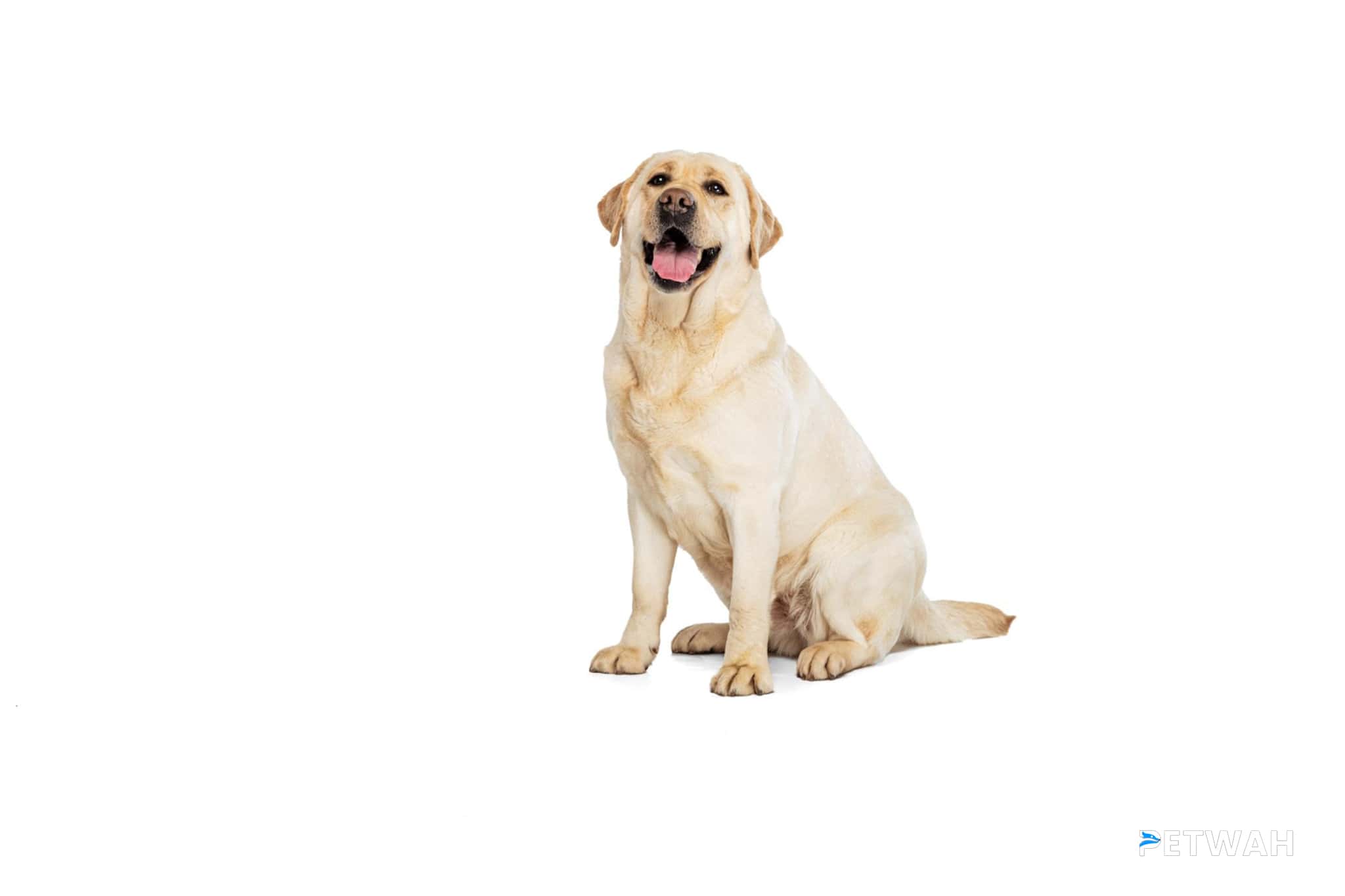
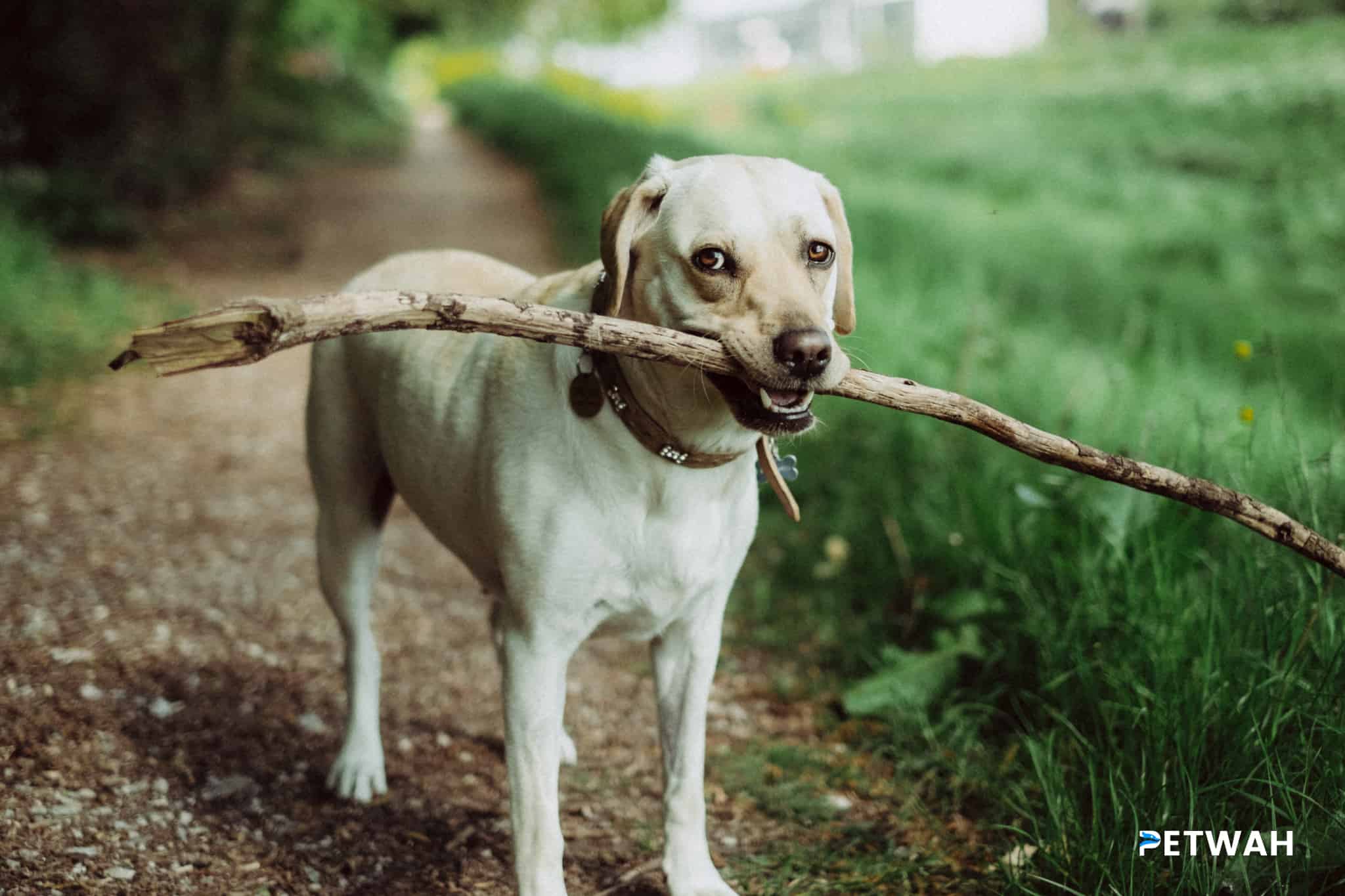
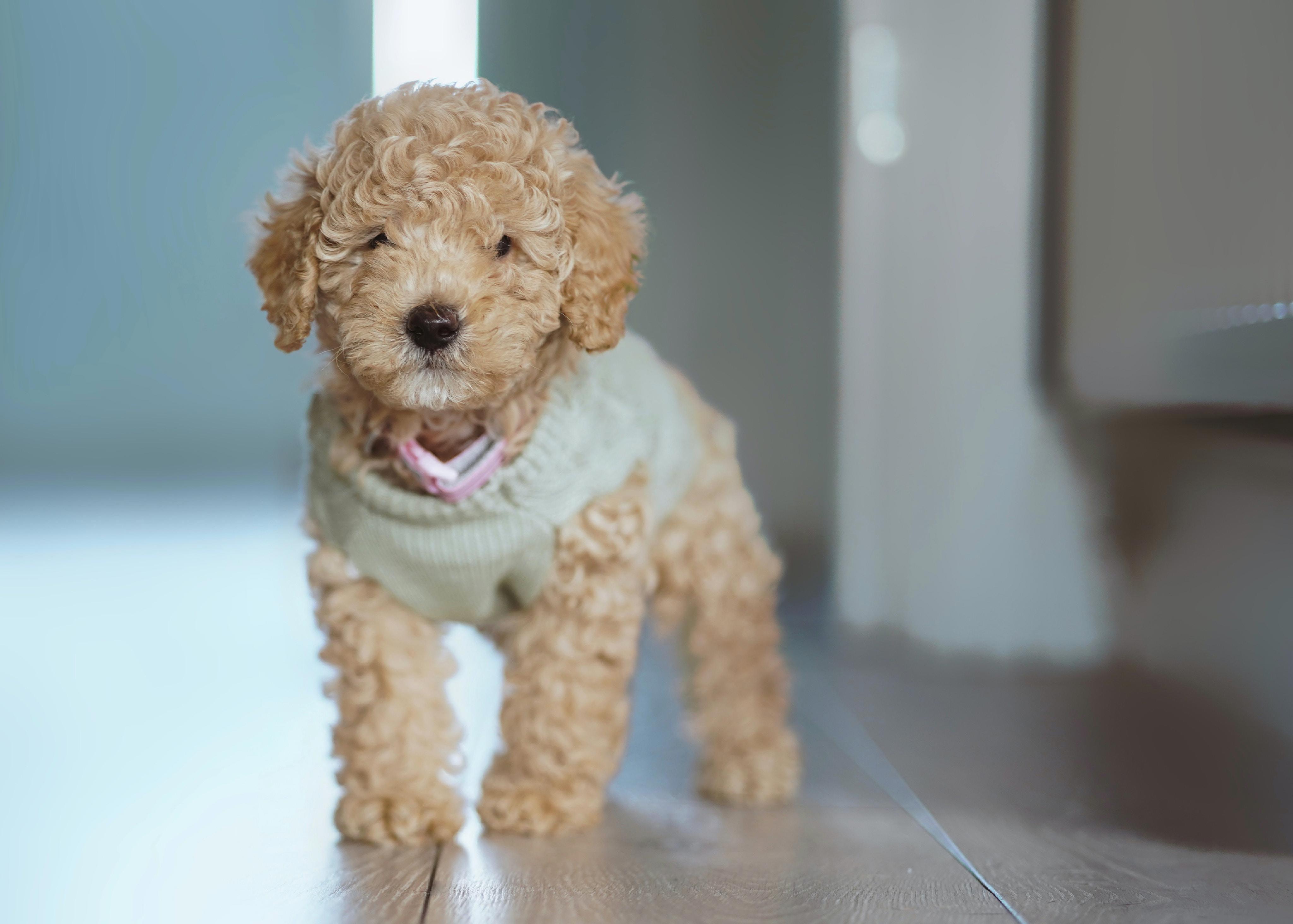

.jpg)
